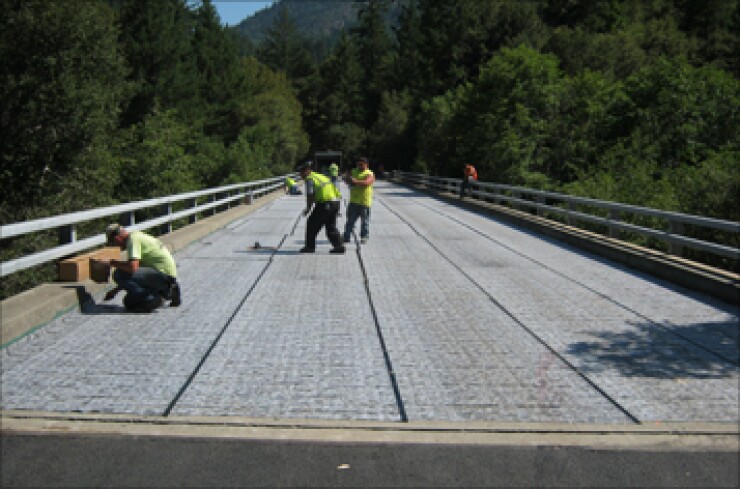
DALLAS -- A bill sponsored by a key Senator in California would boost what are already the highest state motor fuels taxes in the U.S. and increase vehicle registration and license fees to generate an additional $15 billion to repair the state's deteriorating transportation infrastructure.
State Sen. Jim Beall, D-San Jose, chair of the California Senate's Committee on Transportation and Housing, said his Senate Bill 16, filed late last week, would generate an additional $3 billion a year or more for state and local roads over five years.
"Senate Bill 16 solves a crisis that threatens our deteriorating streets and highways,'' Beall said. "California faces a $59 billion backlog in deferred maintenance that will grow by billions every year. Our cities and counties have a backlog of $40 billion in repairs. We must take action now."
The measure would increase the state gasoline tax by 10 cents per gallon, raise the state vehicle annual registration fee by $35, and levy a $100 per year surcharge on zero-emission vehicles that don't use gasoline. Beall's plan also would phase in a 3.5% increase in state vehicle license fees over five years.
California motorists currently pay a state gasoline tax of 39.5 cents per gallon of gasoline as well as a 2.25% sales tax on the fuel for a total charge of 46.5 cents per gallon, and a combined diesel tax of 38 cents per gallon that includes a 9% sales tax. The state tax is in addition to the federal fuel tax of 18.4 cents per gallon of gasoline and 24.4 cents for diesel.
The proposed increase would bring the total state fuel tax in California to 56.5 cents per gallon of gasoline and 48 cents per gallon of diesel, plus the federal levy. The next highest state tax is North Carolina's 37.75 cents per gallon tax for both fuels, according to the Federation of Tax Administrators. The lowest is Alaska's 8 cents per gallon on both gasoline and diesel.
The additional revenue from the increased tax and fees would be dedicated to road, street, and bridge repairs as well as projects aimed at increasing freight mobility at California seaports.
The bill is the result of four public hearings held by the state Senate Transportation Committee across California, he said.
"The big message we got is, 'Whatever you do, try to be fair and make everybody pay a fair share,' " Beall said. "The one way we can do that is to spread the cost over several different fees."
The state's failure to keep pace with highway repairs is due to several factors, including the diversion of road maintenance revenues for other uses and the failure of gasoline tax revenues to keep pace with the mounting maintenance costs, Beall said. The state gasoline tax has not been increased since 1994.
A separate proposal from Assembly Speaker Toni Atkins, D-San Diego, would provide an additional $2 billion a year for transportation infrastructure over five years without an increase in the state gasoline tax.
"California has overcome a dangerous recession in our very recent past, the present is fiscally stable and looking stronger every day, so now we need to look ahead and help fix the future," she said.
Atkins' plan would end the diversion of $1 billion a year of truck weight fees now used to service the state's general obligation debt and provide another $200 million year by accelerating the repayment of transportation loans.
A new road user charge that would cost the average motorist about $1 a week would generate $800 million a year, Atkins said. The charge would be added to car insurance bills or registration fees.
Nearly 70% of California's urban roads and highways are congested and 58% of state roads need rehabilitation or pavement maintenance, she said.
"California cannot have a strong middle class or a thriving economy if our roadways are congested and people and goods cannot move efficiently throughout the state," Atkins said.





